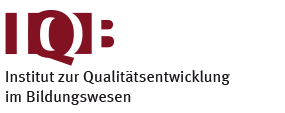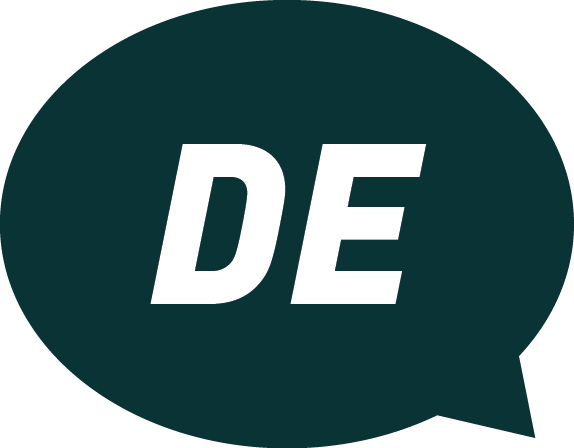Teaching to meet educational standards
The introduction of the educational standards also aims to shift the focus in the way lessons and learning processes are designed. The standards set out competencies that students are expected to have acquired by certain stages of their school career. This means that, rather than focusing exclusively on the content of their curricula, teachers must now also pay attention to the competencies that their students need to develop.
Competency-oriented teaching addresses the individual needs of students and design learning processes that allow them all to develop their competencies in a targeted way. For this to succeed, teachers must provide their students with cognitively stimulating learning activities that are adapted to suit different abilities. They must also regularly review which competencies students have achieved. Continually collecting diagnostic information is crucial to helping teachers adapt their teaching and learning goals to the skills that their students acquire as time goes on.
Solving tasks is a common way for students to develop competencies in the classroom. Expanding this culture of task-setting is therefore an integral part of the professional development programmes (e.g. the SINUS scheme) that were set up in Germany in response to its TIMSS and PISA results. Rather than focusing on test items designed to identify the proficiency levels that students have reached, these programmes are about setting tasks that help students acquire the desired knowledge and skills. Challenging tasks trigger active learning processes and guide these through a graduated sequence of problems. More complex tasks aim to make students find their own way through the steps needed to arrive at a solution. The following IQB publications are some of the resources that provide ideas for developing competency-oriented tasks:
- Behrens, U., Bremerich-Vos, A., Granzer, D. & Köller, O. (2009). Bildungsstandards für die Grundschule: Deutsch konkret. Aufgabenbeispiele - Unterrichtsanregungen - Fortbildungsideen. Berlin: Cornelsen Scriptor.
- Blum, W., Drüke-Noe, C., Hartung, R. & Köller, O. (2006). Bildungsstandards Mathematik: konkret. Sekundarstufe I (2. Auflage). Berlin: Cornelsen Scriptor.
- Granzer, D., van den Heuvel-Panhuizen, M., Köller, O. & Walther, G. (2008). Bildungsstandards für die Grundschule: Mathematik konkret. Aufgabenbeispiele - Unterrichtsanregungen – Fortbildungsideen. Berlin: Cornelsen Scriptor.
- Tesch, B., Leupold, E. & Köller, O. (2008). Bildungsstandards Französisch: konkret. Sekundarstufe I: Grundlagen, Aufgabenbeispiele und Unterrichtsanregungen. Berlin: Cornelsen Scriptor.
The national project for.mat also produced a number of training concepts and materials for competency-oriented teaching development in subject-specific departments in schools. The materials include ideas for designing learning tasks, information on performance diagnostics and individual support, and exercises for sorting educational standards into content areas. All the documents are available in German at www.kmk-format.de. Alternatively, they can be ordered as a set compiled in a ring binder. The for.mat project has also developed a modular programme that trains people as teaching development advisors. The programme has so far been implemented in the states of Rhineland-Palatinate and Hamburg.

